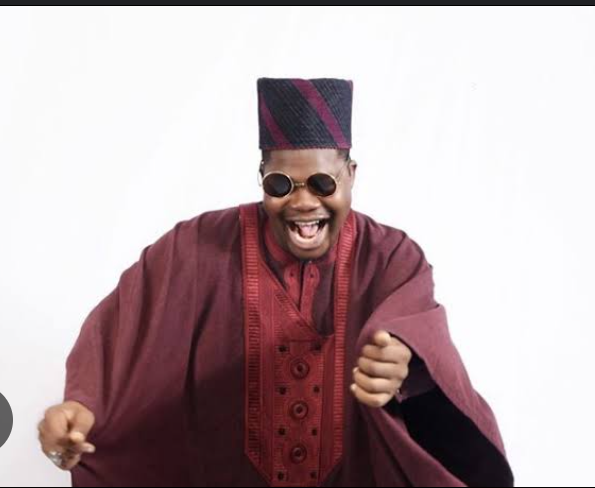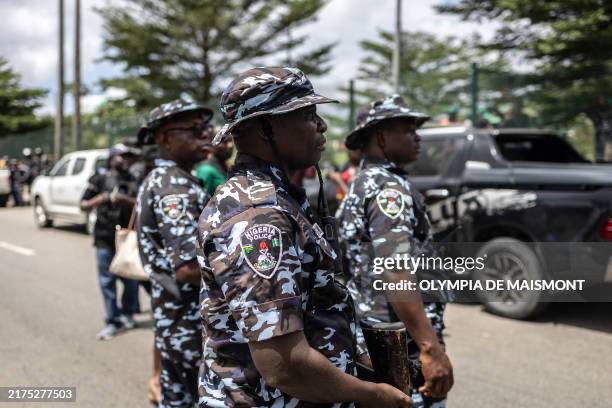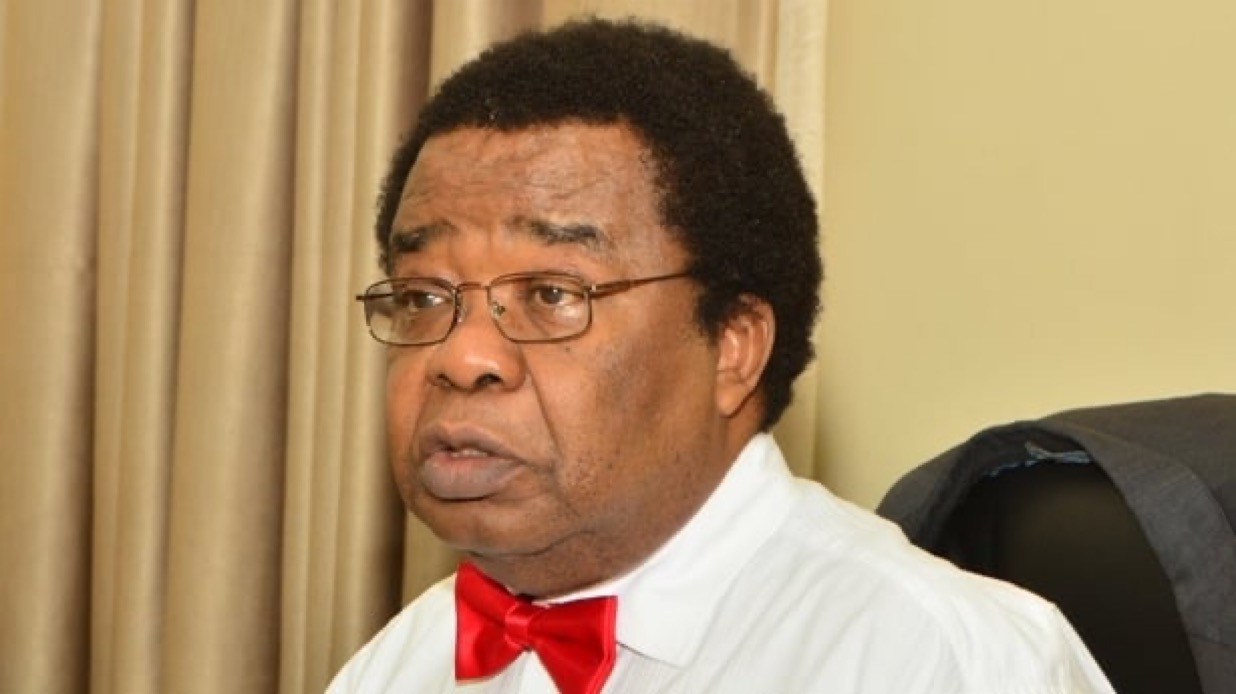
“APC is Not Yoruba, and Yoruba is Not APC”: Mr. Macaroni’s Bold Clapback Sparks Cultural Reckoning

In the whirlwind of Nigeria’s ever-polarized political climate, a storm was ignited once again this week—not from a politician, but from one of the country’s most recognizable satirical voices: Mr. Macaroni. Known for his unapologetic activism and sharp social commentary, the actor and content creator set the internet ablaze with a fiery statement pushing back against those questioning his Yoruba identity due to his vocal opposition to the All Progressives Congress (APC).
“APC IS NOT YORUBA AND YORUBA IS NOT APC!!! END OF DISCUSSION!” That closing declaration reverberated across social media platforms like a thunderclap, punctuating a post that laid bare Mr. Macaroni’s frustration with what he called the politicization of his ethnic identity. His words weren’t just a personal defense—they were a broader cultural call to action.
This latest exchange follows a pattern of criticism the entertainer has faced since he began using his platform to criticize the government, particularly under the APC-led administration. But the attacks appear to have taken a more ethnically charged turn, with some accusing him of being “not Yoruba enough”—a loaded insult suggesting that his refusal to toe the APC line makes him less legitimate within his ethnic group.
Mr. Macaroni, whose real name is Debo Adedayo, did not hold back. “Finally, I AM A PROUD YORUBA BOY!” he wrote with unmistakable passion. “My ancestry is solid and traceable!! Something most of you masquerading as Yoruba cannot say!” That line, brimming with righteous defiance, hit like a slap to the face of his critics. For many, it was a rare public rebuke of a dangerous and growing trend in Nigerian politics—the merging of ethnic pride with political allegiance.
To Mr. Macaroni, this is not just an issue of political disagreement. It is an existential affront to Yoruba heritage itself. “The shame is on those of you who have decided to politicize the Yoruba culture,” he stated, noting that Yoruba identity precedes any modern political structure, including the APC, and will continue long after current parties fade into obscurity. The implication is clear: the Yoruba people and culture are far too ancient, too rich, and too complex to be reduced to a mere political brand.
The internet, predictably, responded in waves. Supporters flooded Mr. Macaroni’s comments with praise, calling him courageous, authentic, and principled. “He’s saying what so many are afraid to,” one Twitter user commented. “You can love your culture without selling your soul to a party.” Others posted ancestral Yoruba proverbs and historical references in solidarity, reinforcing the idea that cultural identity should never be a political pawn.
But not everyone was applauding. Pro-APC loyalists fired back, accusing Mr. Macaroni of using his platform to divide rather than unite. Some even doubled down on their earlier rhetoric, suggesting that any Yoruba person who fails to support the ruling party is betraying the group’s interests. This, according to many observers, is exactly the kind of reductionist thinking that Mr. Macaroni was warning against.
His statement has sparked a crucial debate in Nigeria’s socio-political landscape: Can cultural identity and political affiliation exist independently, or has the nation reached a point where one must define the other? It’s a question with implications far beyond Yoruba land. Similar dynamics exist in other parts of the country, where ethnic affiliations are often tied—sometimes forcibly so—to specific political ideologies or parties.
Mr. Macaroni’s resistance to this conflation is not new. He’s been a prominent voice in the EndSARS movement, an advocate for youth empowerment, and an outspoken critic of political impunity. What makes this moment different, however, is the intersection of identity politics with public persona. In challenging the assumption that to be Yoruba is to support APC, Mr. Macaroni is defending not just his personal beliefs but the integrity of a whole ethnic narrative.
There is a deeper, more insidious danger in what he is calling out: the weaponization of culture to shame or silence dissent. In a nation as ethnically diverse as Nigeria, such a trend could sow seeds of division that are difficult to uproot. By standing firm, Mr. Macaroni is asserting a boundary—a refusal to let political affiliation hijack cultural pride.
His post also underscores the need for more nuanced political discourse in Nigeria. Supporting a political party should be a matter of policy, performance, and principle—not ethnic pressure. Conversely, rejecting a party does not equate to rejecting one’s people. The conflation of the two, as Mr. Macaroni argues, is both intellectually dishonest and culturally dangerous.
What’s striking is that his statement carries weight not because of political power or academic credentials, but because of its raw, unfiltered honesty. It resonates in a way that cuts across generations, particularly among the youth who see in him a reflection of their own disillusionment with status quo politics. He is not just defending himself—he’s speaking for many who have been bullied, gaslit, or guilt-tripped into silence.
In a society where ethnic identity is often politicized and political loyalty is sometimes seen as cultural obligation, Mr. Macaroni’s stand feels revolutionary. It’s a reminder that being Nigerian, being Yoruba, or being part of any ethnic group is not—and should never be—conditional upon one’s vote.
As the dust continues to settle, one thing is clear: this was more than a clapback. It was a cultural intervention. Mr. Macaroni has not only drawn a line in the sand but dared others to consider what truly defines their heritage and who gets to claim ownership of it. His voice, loud and clear, insists on a version of Yoruba identity that is proud, historic, and politically independent.
And for those who continue to conflate cultural pride with political loyalty, Mr. Macaroni’s message remains unshaken: “APC is not Yoruba, and Yoruba is not APC.”


